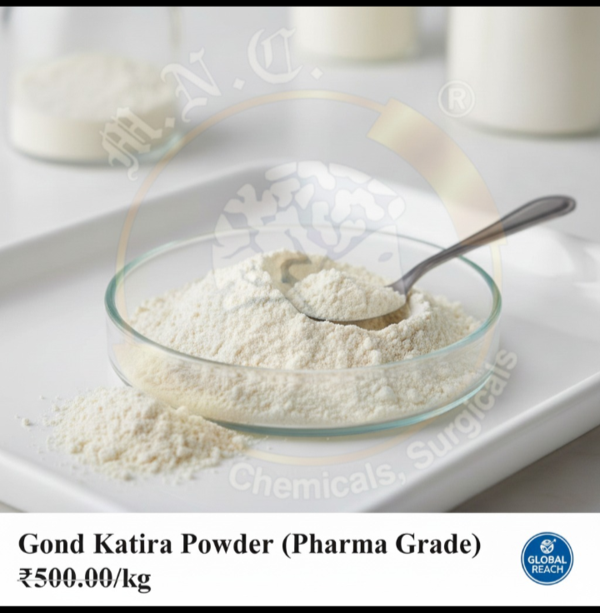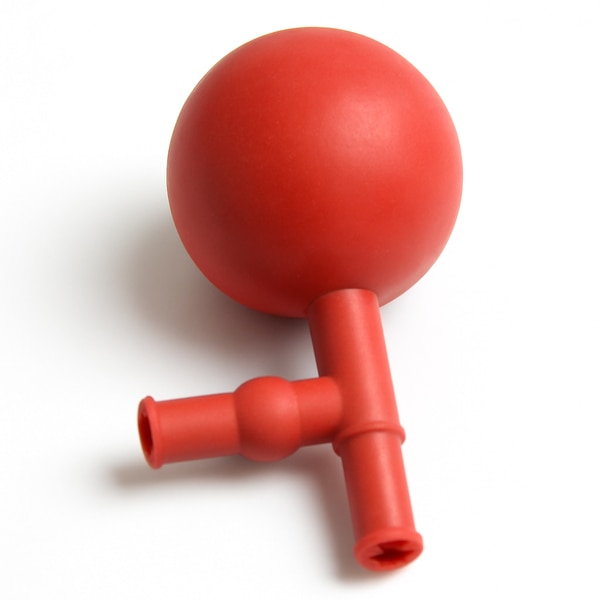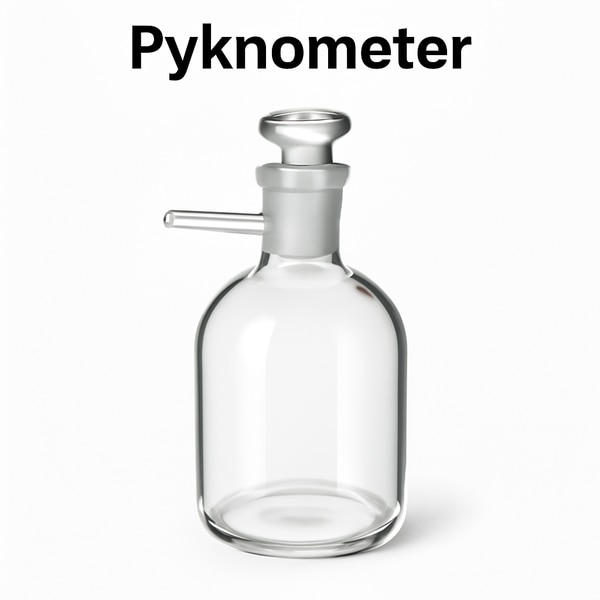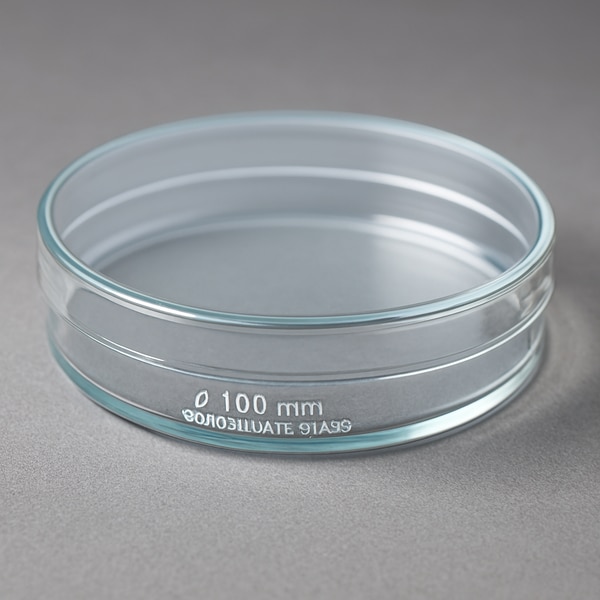A pyknometer (also spelled pycnometer) is a precise laboratory instrument used primarily to measure the density or specific gravity of liquids, pastes, and solids. It is typically a glass flask with a close-fitting ground glass stopper that often includes a fine capillary hole to allow a fixed volume of liquid to be accurately measured. By weighing the empty pycnometer, the pycnometer filled with a reference liquid (usually water), and the pycnometer filled with the sample liquid, one can calculate the density based on weight differences and known volumes. It is widely used in chemical, pharmaceutical, food industry, environmental analysis, and materials research applications for quality control and formulation. Pycnometers offer high measurement accuracy, reliability, and simplicity of operation, making them essential for laboratory density measurements compliant with international standards like DIN EN ISO 2811-1. There are various types including liquid pycnometers and gas pycnometers, with some models featuring integrated thermometers for accurate temperature monitoring during measurement. The device is crucial in optimizing production, research, and quality control processes across industries such as paints, coatings, inks, adhesives, and pharmaceuticals.
A pyknometer (also spelled pycnometer) is a precise laboratory instrument used primarily to measure the density or specific gravity of liquids, pastes, and solids. It is typically a glass flask with a close-fitting ground glass stopper that often includes a fine capillary hole to allow a fixed volume of liquid to be accurately measured.
By weighing the empty pycnometer, the pycnometer filled with a reference liquid (usually water), and the pycnometer filled with the sample liquid, one can calculate the density based on weight differences and known volumes. It is widely used in chemical, pharmaceutical, food industry, environmental analysis, and materials research applications for quality control and formulation.
Pycnometers offer high measurement accuracy, reliability, and simplicity of operation, making them essential for laboratory density measurements compliant with international standards like DIN EN ISO 2811-1. There are various types including liquid pycnometers and gas pycnometers, with some models featuring integrated thermometers for accurate temperature monitoring during measurement.
The device is crucial in optimizing production, research, and quality control processes across industries such as paints, coatings, inks, adhesives, and pharmaceuticals.
Send
Message









